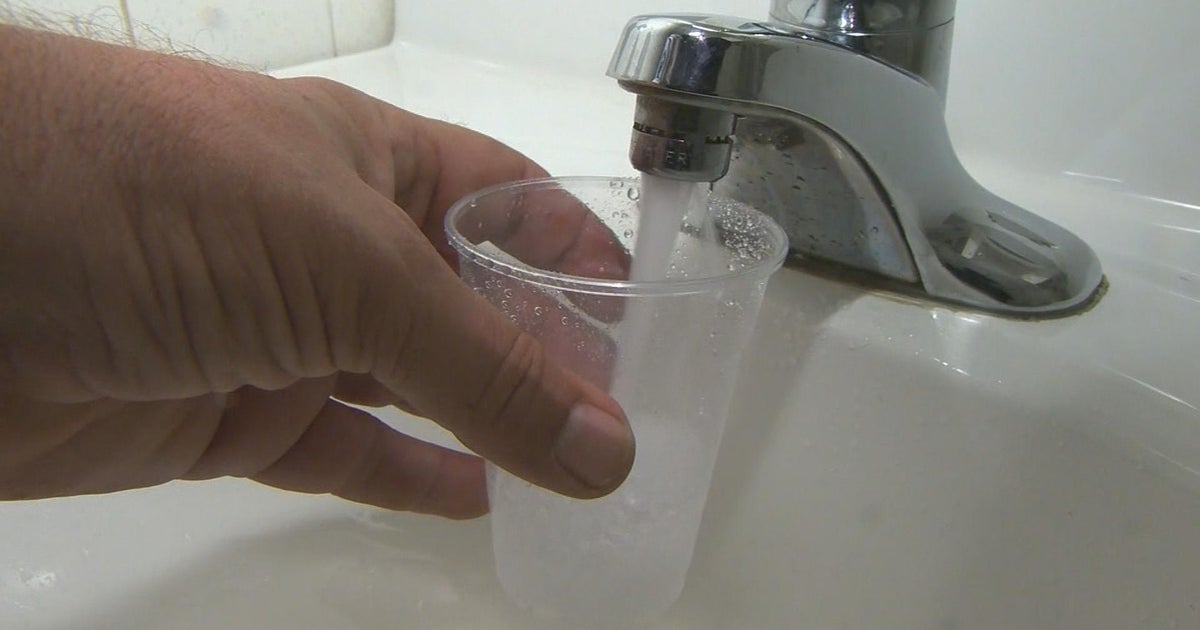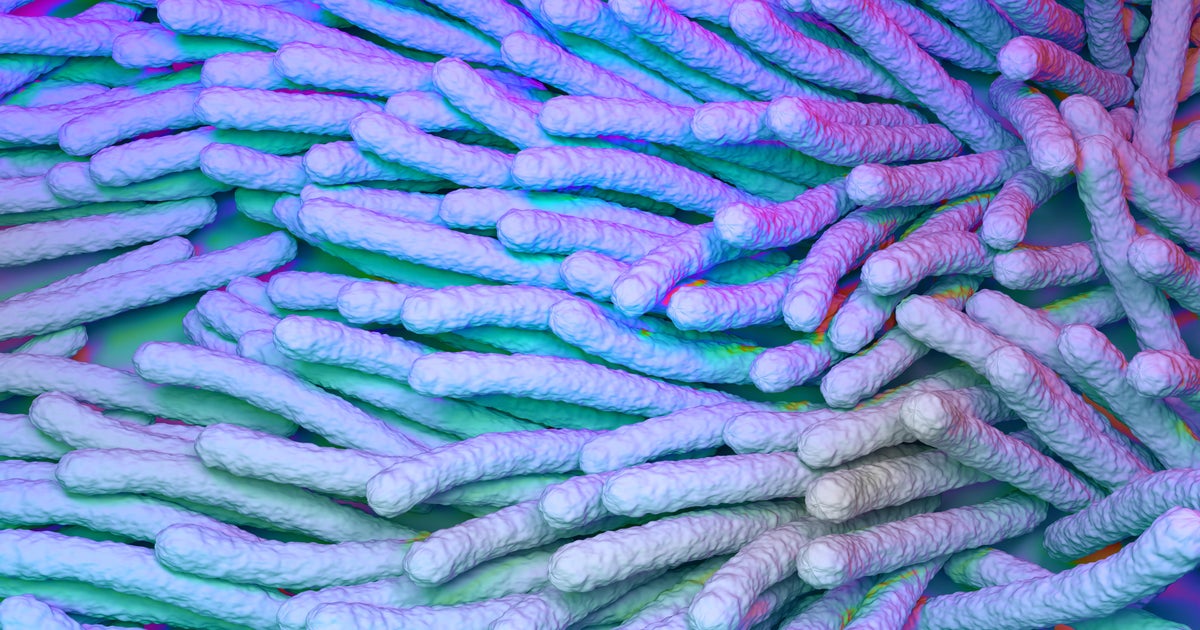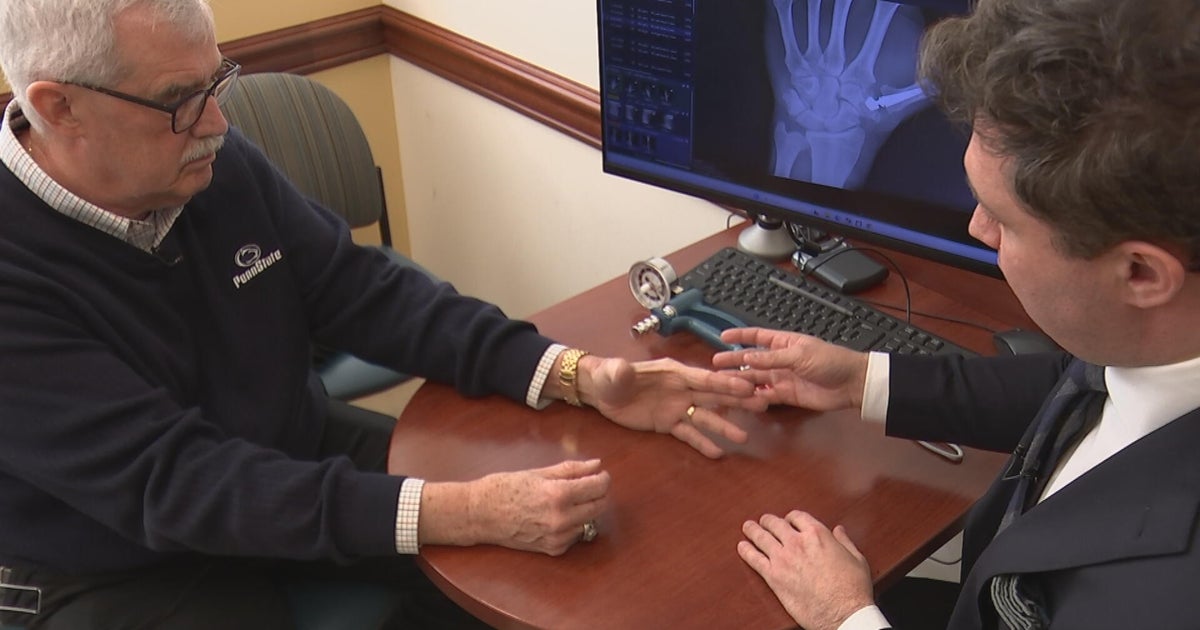'Super Lice' Have Some Parents Bugging Out, But Experts Say Treatments Are Still Effective
NEW YORK (CBSNewYork) -- Many parents have heard about super lice which are tougher to get rid of.
They're not as scary as they sound, but they have become pesticide resistant. The good news is there are still effective treatments.
According to research presented last year at the American Chemical Society, lice found in 25 states -- the pink ones -- have genetic mutations that make the pesticides in regular anti-lice shampoos ineffective. That means that getting rid of them is much more difficult for parents of kids in close quarters this time of year.
"We can't be afraid. We have to just keep trying to do what we can. We generally go with the more natural products anyway. Those seem to have helped with my kids," Ruby Gelman said.
"What we had heard is that the best way was the painstaking way of going through everybody's hair, hair by hair, and I believe there are people that you can have help you do that if you need to," Lauren Antonucci said.
Places like Lice-Enders have a discreet storefront and free screenings.
As CBS2's Sonia Rincon reported, treatments can set you back a few hundred dollars, but spokeswoman Maria Vowteras said since they're enzyme-based they still work, no matter how much the offending lice have evolved.
"Just because they're super doesn't mean they have a little cape and they can fly from one head to another, so they still act in a very similar way, they're just a lot tougher than they used to be" Vowteras said.
People who don't want to spend the money and would rather treat lice at home can buy the products to do so, but Vowteras said you still have to nit-pick.
"No matter what. If someones is telling you that you don't have to comb out an egg they're not being completely honest with you about the process," she said.
No one likes the comb.
"And it really pulls your hair, and it hurts and the tip of them is pointy," one user said.
There's no way around that comb and the time investment to get rid of lice, no matter how super your treatment is.
To avoid the risk of getting lice, experts say don't share hats or hair brushes.
They also said try to avoid contact with hair or another head.







